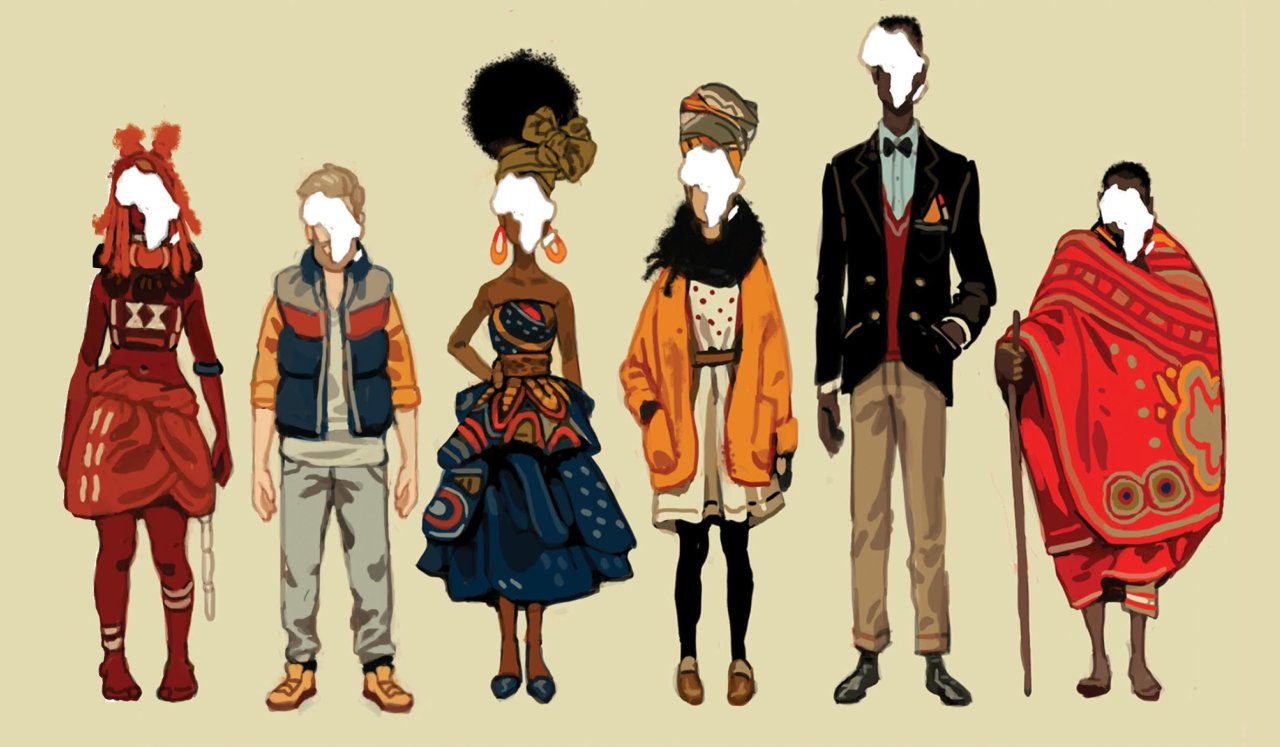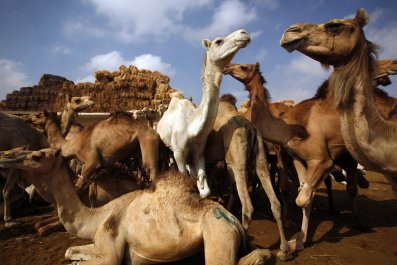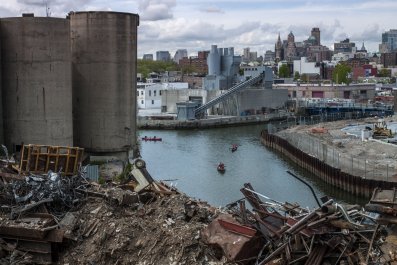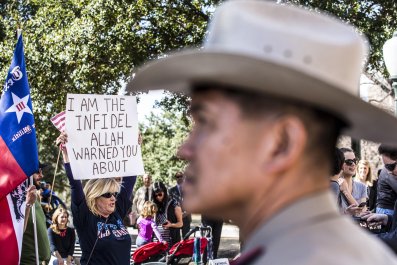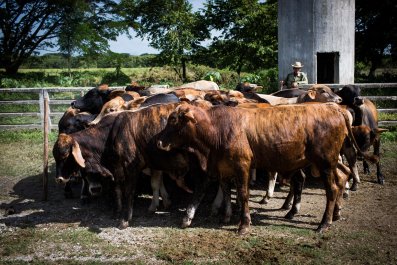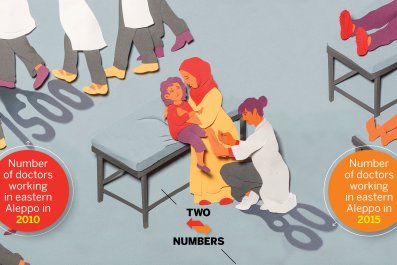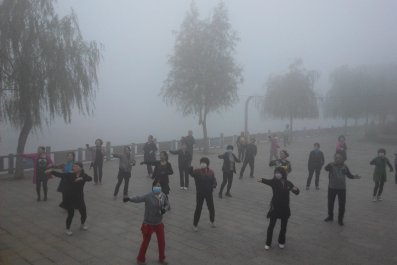Over 11 million square miles: That's roughly how much land constitutes Africa, a continent with more than 50 sovereign states, trod by 1.1 billion people who speak thousands of languages. A continent so varied, and with such a deep and complex history, it's the source of some of the earliest advances in mathematics, urban planning, engineering and surgery.
So why are people always telling me that they recently returned "from a visit to Africa"? Or that their lifelong dream is to go on safari in "Africa" one day? Why is this diverse and massive continent constantly referred to as though it were a single country?
"When it comes to Europe, people want to be very specific: Eastern Europe, Western Europe," says Kathleen Bomani, a creative consultant and researcher from the Upanga neighborhood of Dar es Salaam, Tanzania. "We didn't have a Berlin Wall to separate us, but...they get all the nuance!" In talking about the continent, she says, "there's a disregard [where] for so long it's been OK for anyone to refer to it as just 'Africa,' a huge landmass. It has to change, and really we need to start doing that ourselves. The onus is on us."
As South Africans, my family and friends laugh when we're questioned about whether we ever rode elephants to school or spotted a lion in our backyard. Taking potshots at ignorance about the continent has been a cornerstone of Daily Show host and South African Trevor Noah's comedy, and he even quipped in his first episode that "to a lot of Americans, Africa is just one giant village full of AIDS, huts and starving children."
Toyin Falola, a history professor at the University of Texas at Austin who hails from southwest Nigeria, says the narrative of Africa as a hotbed for the "chaotic, the erotic and the exotic" has applied particularly to "Black Africa"—countries in sub-Saharan Africa that international organizations traditionally view as separate from North Africa and the Middle East. Often, people who visit Egypt, Morocco and Algeria say they're traveling to those countries, while people who are going to Nigeria or Tanzania are more likely to say they're en route to "Africa."
According to Lebogang Mokwena, a South African policy researcher, the problem is often not as glaring as overt racism but is instead something subtler, such as when people "refer to Africa not as a convenient initial shorthand, but when the sum total of the knowledge of the continent is just that—without a sense of the linguistic, ethnic, cultural, political and other forms of diversity and dissimilarity."
The argument comes down to the power of words. South Africa is still reeling from the physical and linguistic wounds of people whose lives were destroyed and whose culture and traditions were reduced to racial stereotypes. A little nuance may not heal those old injuries, but as long as dangerous generalizations persist, new ones are inevitable.



